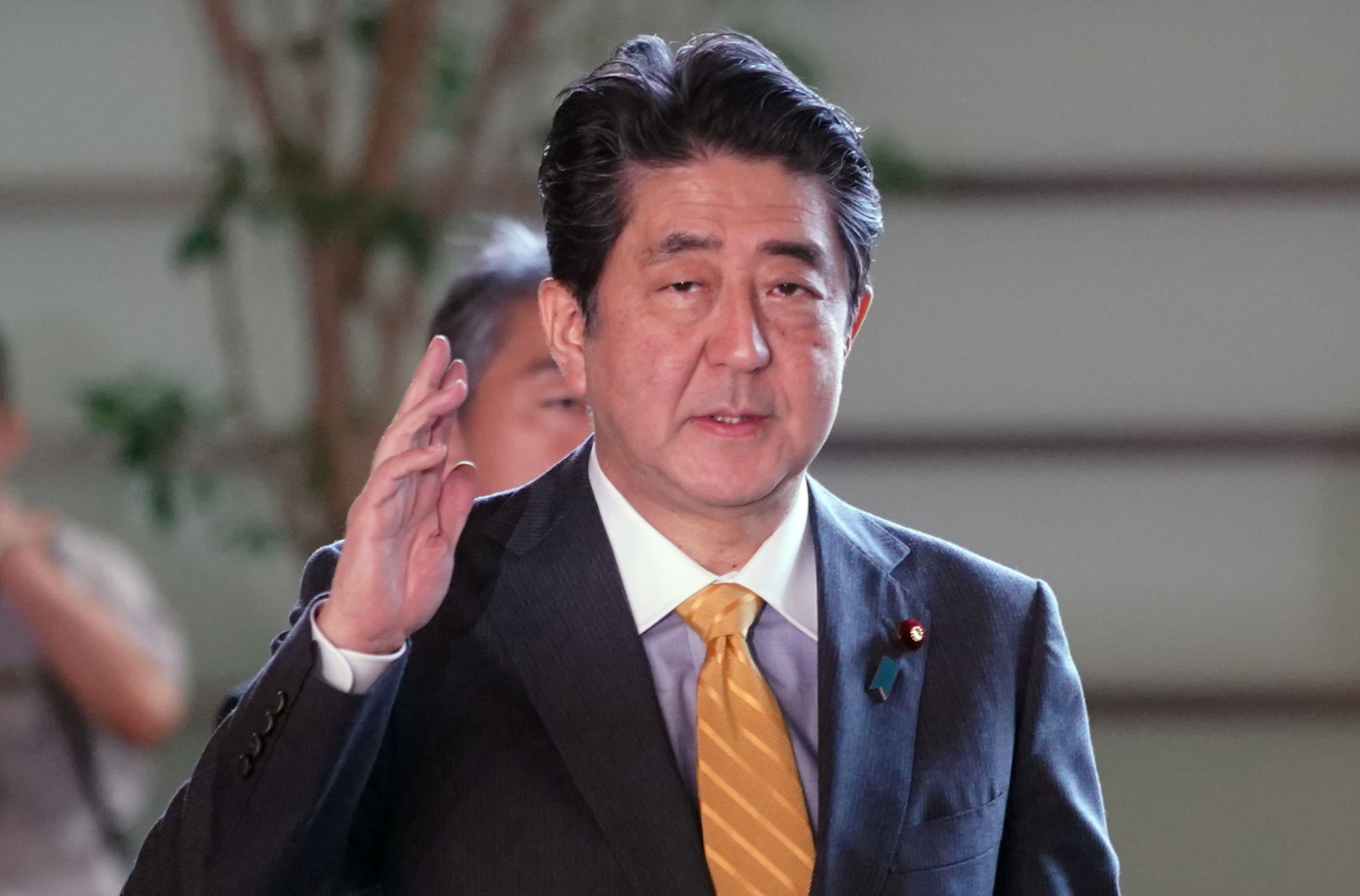Prime Minister Shinzo Abe's upcoming three-year term as Liberal Democratic Party president, if he is re-elected to the position as expected, will be an opportune time for him to realize his long-held and controversial desire to revise Article 9, the war-renouncing clause of the Constitution. Following his all-but-assured victory in the LDP presidential election on Thursday, Abe will be on course to become Japan's longest-serving prime minister and will likely be best positioned politically to pursue constitutional revision by his stated timeline of 2020.
You might call it Abe's make-or-break moment on Article 9. During his third term, he will need to capitalize on his remaining political capital to see through revising the Constitution, which has never been amended since its promulgation in 1947.
Specifically, Abe wants to resolve the debate among constitutional scholars in Japan about the legality of the Self-Defense Forces. For years, many have argued that the SDF is unconstitutional, asserting that it violates Article 9. To address this, Abe wants to insert into the Constitution a reference to the SDF to clarify its legal status in the supreme law while also keeping in place the first two clauses of Article 9 that renounce the right to wage war and ban the maintenance of a standing military.



